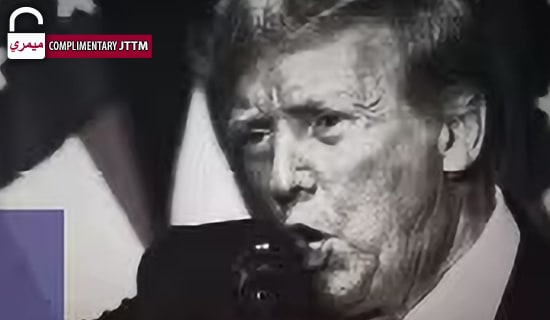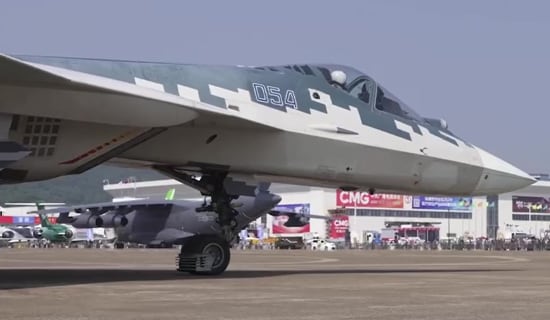Russia recently imposed a ban on tomato imports from Armenia, Turkey, Azerbaijan and Uzbekistan. The official reason was that the produce was pest-infested. However, given Russia's previous track record with agrigultural produce bans, the moves were seen as signals to Yerevan, Baku and Ankara. Interviewed by Rosbalt media's Aleksander Zhelenin (italic font) political analyst Alexey Makarkin reads the tomato leaves to explain Russia's motives behind the ban as far as the targeted countries are concerned.
The Rosbalt interview follows below:[1]

(Image: Gorod48.ru)
On Wednesday, Rosselkhoznadzor [Russia's agricultural products watchdog] imposed a ban on the import of tomatoes, apples and peppers to Russia from Azerbaijan, Armenia and Uzbekistan. Two days earlier, a similar ban was imposed on Turkish tomatoes and peppers. As for the goods from Uzbekistan, they were probably also banned 'by association'. The sanctions against tomatoes and apples from Azerbaijan, Turkey, and especially from the allied to Russia Armenia raise questions. Officially, the agency explains this step by [claiming] that the fruits and vegetables from these countries are infected with pests. However, judging on the basis of long-term experience in Russia's relations with its closest neighbors, we know that the sanitary- epidemiological justification, as a rule, is only one of the reasons for the introduction of such measures.
Alexei Makarkin, First Vice President of the "Center for Political Technologies", told the Rosbalt observer about the political motives behind Rosselkhoznadzor actions.
— How do you explain the imposition of bans on the supply of certain types of agricultural goods to Russia from Armenia, our official ally in the CSTO and the EAEU?
— Given our "sanitary" geopolitics, then perhaps this is a signal to the current Prime Minister of Armenia Nikol Pashinyan that he has to go. The Russian government is now in a rather difficult position. On the one hand, the Kremlin doesn't like Pashinyan. He persecuted the former Armenian President Robert Kocharian, despite Putin's request not to do so, persecuted the former CSTO Secretary General, and the Armenian General Yuri Khachaturov. Additionally, Moscow did not like how Pashinyan came to power [via mass demonstrations]. In Russia, they like it when a politician comes to power in a different way. Moreover, these methods of taking the power do not have to be "white, fluffy and legitimate"]. When President Kurmanbek Bakiyev in Kyrgyzstan was dethroned via the revolution, Moscow immediately recognized the new government.
The Kremlin proceeds from the premise that the legitimacy of a ruler is determined by the degree of western influence on a given political regime. If the same Bakiyev, for example, supported the Americans on the issue of extending the treaty on their military base in Kyrgyzstan and was later dethroned, then this is fit and proper. However, when Pashinyan in Armenia overthrew President Serzh Sargsyan, who had good relations with the Russian Federation, then this is bad. Although in fact, if you look closely, Pashinyan did not do anything particularly anti-Russian - Armenia did not leave the CSTO or the EAEU under him, and even dealt with the West with extreme caution. However, the attitude towards Pashinyan in Moscow remained quite suspicious.
— If so, why didn't such pressure on Armenia begin immediately upon the conclusion of the trilateral agreement (Azerbaijan-Armenia-Russia) on Karabakh, signed on November 9?
— Russia played the role of a mediator in this agreement. The Kremlin does not like Pashinyan, but, there were probably concerns about whether the new government of Armenia would observe this agreement if Pashinyan resigned.
— So you believe that now Moscow has changed its mind about Pashinyan and decided: "he must leave"?
— Let me remind you firstly, that recently a semi-official visit to Russia by Armenian President Armen Sarkisian took place, he from the Russian capital called on Pashinyan to resign. Of course, now the President of Armenia fills rather ceremonial functions, but formally he is still the head of state. Secondly, the Armenian opposition has nominated its candidate for prime minister office - former prime minister and former defense minister Vazgen Manukyan. By the way, he made it clear that the agreement with Azerbaijan on Karabakh is bad, but it has to be respected. It is important for Russia now that the trilateral agreement on Karabakh be observed. If there will be guarantees on the agreement's observance, Moscow will not support Pashinyan.
— So what changed? Why did they support Pashinyan in Moscow immediately following the conclusion of the Karabakh agreement, but now it seems that they no longer want to support him?
— It seems to me, that some sort of consultations have been held. (For the Kremlin) it was important to receive guarantees that if a new person comes to power in Armenia, he wouldn't say: "that's it, I'll abrogate the agreement with Azerbaijan, I did not sign it, we will continue the "holy" war!"
In addition, Moscow proceeds from the premise, that there must be someone "responsible" for each country. It's not simple for people to decide something, to vote for someone… - In Russia, they proceed from the fact that all this is just a fiction. Someone responsible is needed, who will be in charge for everything in the country. With regard to Armenia, he should be responsible for the obligations undertaken by Pashinyan, no matter how that person would feel about the current prime minister.
— With Armenia things are generally clear. But why are similar Russian sanctions now being imposed against Azerbaijan and Turkey, if we ourselves contributed to the signing of this agreement between Baku and Yerevan, and at the same time recognized Azerbaijan's right to have allied relations with Turkey?
— Unlike Armenia, which Moscow cannot forgive for its attempts to carry out a multi-pronged policy, Azerbaijan is allowed to have such freedom. This country is not a member of the CSTO or the EAEU. Informally, Moscow recognizes Baku's right to a multi-pronged policy, but at the same time it would like for Azerbaijan to not get too close to Turkey.
Therefore, Russia will seriously try to avoid a fight with Azerbaijan, but will make it clear that we are not very pleased by the fact that after the events of September-November of 2020 Turkey is playing an overly large role in the South Caucasus.
— So, you think that Moscow doesn't consider Baku and Ankara to be its adversaries?
— No. Moscow views Ukraine as an adversary, while Azerbaijan and Turkey are not considered to such. If you recall, the same "sanitary geopolitics" was carried out by the Kremlin against Belarus, which, nevertheless, is our closest ally.
— If we are not opponents of Azerbaijan and Turkey, why impose such sanctions against them?
— These are some sort of signals that indicate that Russia is not highly pleased that these countries became too close, and that it is desirable that they maintain a distance. In addition, Azerbaijan does not want to completely close the doors to cooperation with Russia. Turkey and Russia also have their "great games". Ankara has reached an agreement with Moscow on Syria and Libya, and now it clearly does not want to break all these agreements.

Alexey Makarkin (Source: Hse.ru)
[1] Rosbalt.ru, December 9, 2020.








